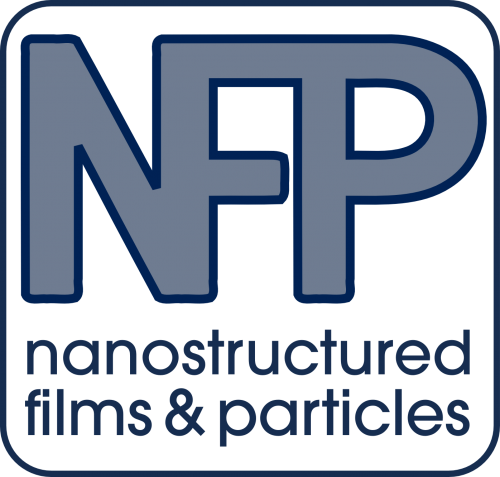Jesús Santamaría será conferenciante plenario en el #LVIICongresoSECV.Jesús Santamaría es catedrático de Ingeniería Química en la @unizar, subdirector del Instituto@INA_Unizar e investigador principal del grupo Nanostructured Films and Particles https://nfp.unizar.es. Más información aquí.
Read MoreLVII Congreso Nacional de la Sociedad Española de Cerámica y Vidrio.
- 01/07/2020
- Comments off
